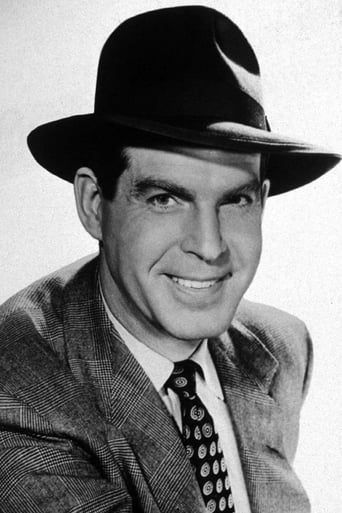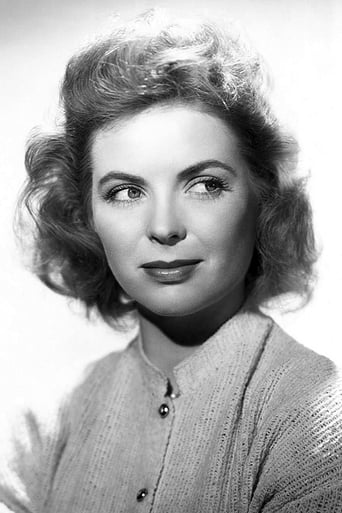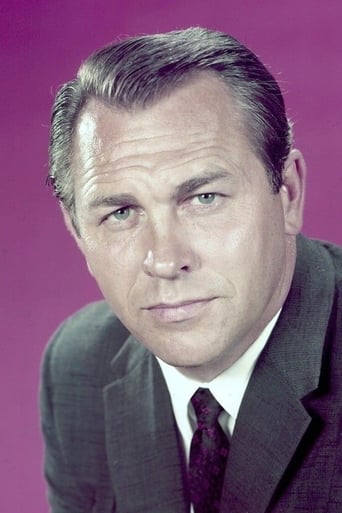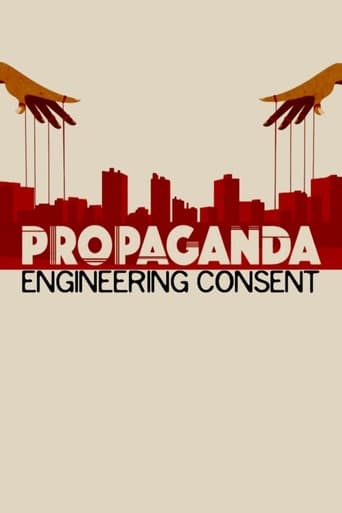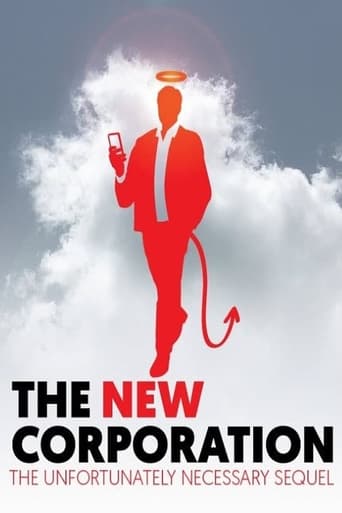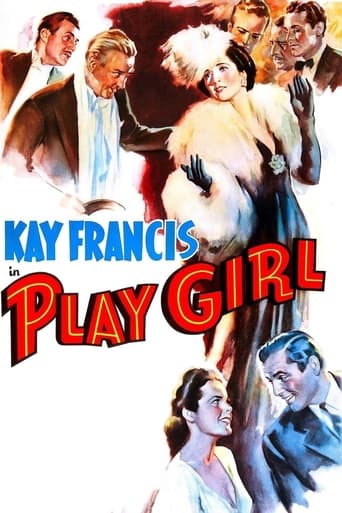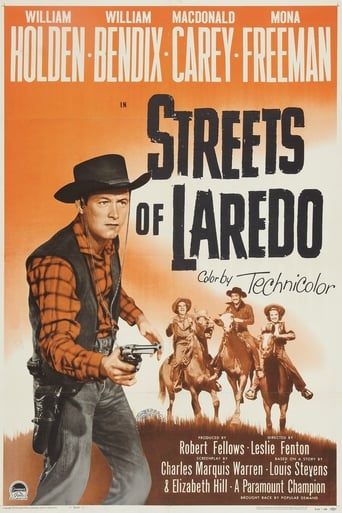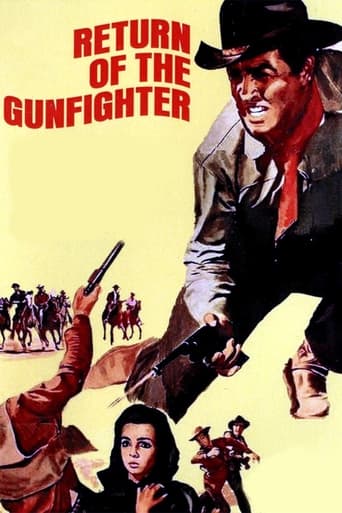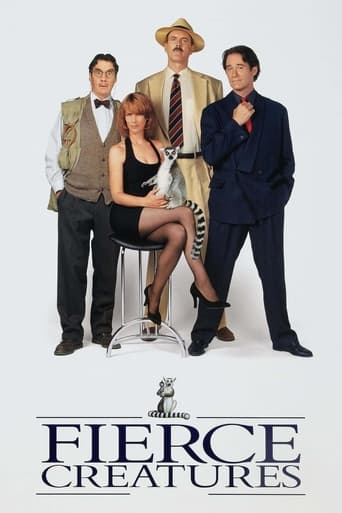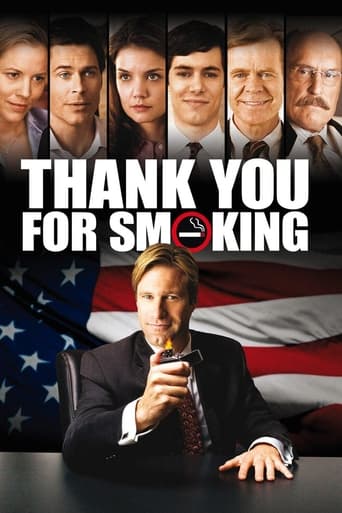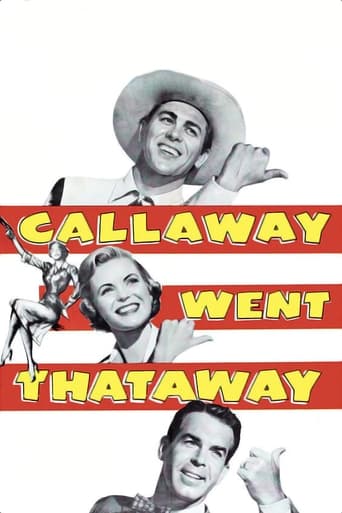
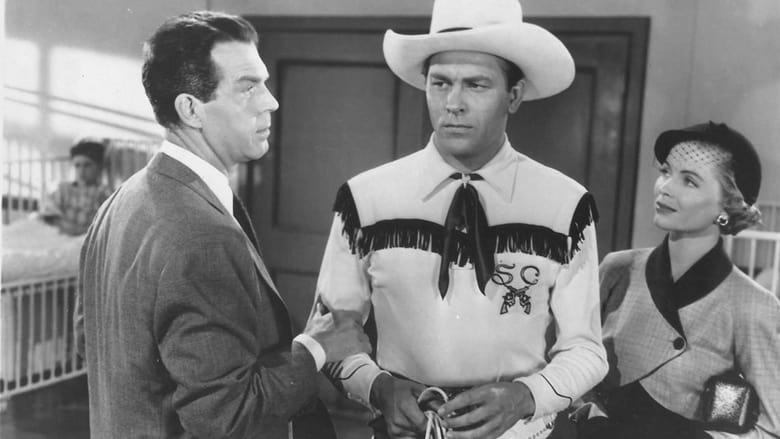
Callaway Went Thataway (1951)
Two smart marketing people resurrect some old films starring cowboy Smoky Callaway and put them on television. The films are a big hit and the star is in demand. Unfortunately no one can find him. When a lookalike sends in a photo, the marketing team hires him to impersonate Callaway. Things get sticky when the real Callaway eventually shows up.
Watch Trailer
Cast


Similar titles
Reviews
You won't be disappointed!
Redundant and unnecessary.
Excellent but underrated film
It's a good bad... and worth a popcorn matinée. While it's easy to lament what could have been...
Producers: Norman Panama, Melvin Frank.Copyright 8 November 1951 by Loew's Inc. An MGM picture. New York opening at Loew's State: 5 December 1951. U.S. release: 18 December 1951. U.K. release: 21 June 1952. Australian release: 21 March 1952. 81 minutes. U.K. release title: The Star Said No. SYNOPSIS: When his corny old westerns prove a tremendous hit on television, a former cowboy star is lured back to Hollywood.PRINCIPAL MIRACLE: Keel plays two roles, and even fights himself, throwing the first punch by the ingenious use of a traveling matte. The rest of the fight is cleverly carried on by doubles, aided by fast cutting. A split screen is used for the initial confrontation.COMMENT: This gentle satire on TV and Hollywood would be a lot more dramatic if the punches were less lightweight and a whole lot funnier! And if Panama and Frank allowed the MacMurray character to be more cynical and less likable. True, he does have his share of neat put-downs and there are some clever visual gags. More guest appearances would have helped too. However, production values are MGM fulsome all the same. The principal players do wonders with their material and no-one will come away from Callaway feeling that he's wasted his time. A little short-changed maybe, but Callaway is still sufficiently amusing and entertaining to rate at least seven stars out of ten.
OK, I may be a little late to the party -- Howard Keel had a long, proud and successful career as a theater and movie star. But he was amazing in the dual roles of good guy Stretch Barnes and bad guy Smoky Calloway. Even though the two characters dressed in identical outfits through most of the movie, Keel's acting craft made it early to recognize whether you were seeing Stretch or Smoky. I actually spend a few minutes wondering whether it was two different lookalike actors, and had to check into IMDb to confirm that it was the same guy.The film itself was a clever take on the television Westerns that were popular when I was a boy. Fred MacMurray very nicely plays the role of a lovable on the outside, sleaze ball on the inside theatrical agent. Dorothy McGuire played the opposite as his partner -- reluctantly sleazy on the outside, heart of gold on the inside. Others include old standby Jesse White, and watch for Stan Freeberg as the nerd who works with MacMurray and McGuire.But really, Howard Keel was the star, and should have gotten top billing. Overall, the film was a very pleasant way to spend an hour-and-a-half or so.
Howard Keel is Smoky Callaway, who made a lot of B Westerns some years ago. Now his movies are being shown on television and Smoky Callaway is everyone's hero, especially the kids who adore his wholesome character. The problem faced by two advertising people -- Fred MacMurray and Dorothy McGuire -- is that although there is a strong market demand for Smoky in the way of personal appearances and commercial endorsements, Good Ol' Smoky Callaway has disappeared into the woodwork whence he came. What can MacMurray and McGuire do? Well, what they can do is stumble upon an exact look-alike, a good-natured, cowboy in Duck Falls, Colorado, who's Zen character is interested only in the beauty of the sky and hills. He's making only $140 a month as a ranch hand and saves $130 of it. The other ten dollars "seems to slip right through muh fingers." But he can't resist two large a week for impersonating the elusive Mister Callaway so before anyone (outside the immediate circle of conspirators) know it, Stretch Barnes is in La La Land endorsing cereals and male extension products and exercisers designed to develop rock hard abs.Stretch is a little guilty about all that money though. He doesn't deserve it for impersonating someone else. So he sees a lawyer and sets up a non-breakable trust into which all his money will go except for a few grand for his ranch and, some day, his wife and lovely kiddies.Trouble is always around the corner in this sort of fairy tale. An unscrupulous rival advertising agent (Jesse White) locates Smoky Callaway in a louche dive somewhere in Latin America where he plays the guitar nightly and gets drunk daily at the El Chicolo.Smoky wastes no time getting back to where the money is. MacMurray and McGuire are frantic. They've lied to good old Stretch and told him that the real Callaway was dead -- which, for all they knew, might be the case. Now they must keep Callaway and Barnes separated while they hire a training team to get the truculent Smoky into shape, "physically, mentally, and morally." When he becomes human again, Stretch will be told the truth, replaced by Smoky, and sent back to the mountains he loves. It's a tough job. Smoky doesn't take his training regimen seriously, partly because he's got liquor stashed in the well, in hidden tree trunks, and liniment bottles -- and he's got martinis in the ink well.The team finally succeeds in drying him out but not improving his mentality. Smoky and Stretch finally meet and there is a fist fight, which Smoky loses. In a fit of pique he leaves for Latin America, and Stretch takes over the rest of the tour, making money that will mostly go to help kids who are poor and sick.A disclaimer at the end tells us that the movie was in no way meant to detract from the charitable civic efforts of real cowboy stars, whose movies were now beginning to show up and win audiences on TV. That must be a reference to guys like Roy Rogers, Gene Autry, Hopalong Cassidy, and Buster Crabbe, some of whom were much like Stretch Barnes, unpretentious and generous.It's funny, but not as funny as it might be, considering it was written, produced, and directed by Norman Frank and Melvin Panama and starred the first-rate light comedian Fred MacMurray. The situation itself was in no way original but the jokes aren't as funny as they might have been. Some ARE pretty amusing. As Smoky Callaway, Keel is drunkenly romancing a gal at the bar and mumbles to her, "You know, you remind me of a girl I knew in South America. Her name was Si, Senor." But it's all pretty light-hearted and enjoyable and is an innocent way to spend an hour and a half.
It's the early days of television and much of the programming consists of old western movies. Suddenly, the films of Smoky Callaway (Howard Keel) are discovered by a new generation and he becomes a star once again.One problem: the real Smoky Callaway is a hopeless drunk who has disappeared somewhere in Mexico. Enter Hollywood agents Frye and Patterson (Fred MacMurray and Dorothy McGuire), who need to find a replacement to make a new series of westerns and cash in on the merchandising possibilities. They discover an actual cowboy, Stretch Barnes (also Keel) who agrees to impersonate Smoky.There's a Frank Capra feel as simple Stretch turns out in real life to be the white-hatted western hero that Smoky pretended to be onscreen. Things get complicated when the real Smoky returns.The writing team of Panama and Frank (A Southern Yankee, The Court Jester, White Christmas) delivers another warm, funny movie that pokes fun at Hollywood superficialities and contrasts them with the genuine values of hometown America.


